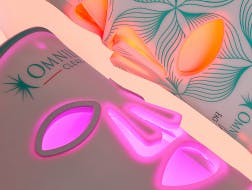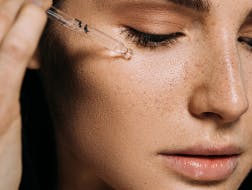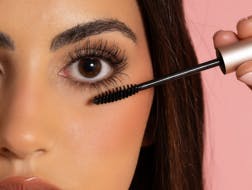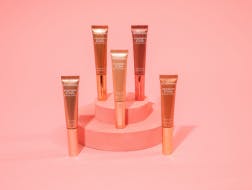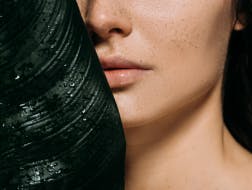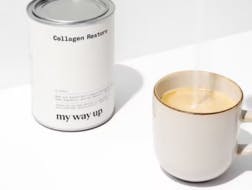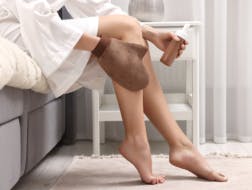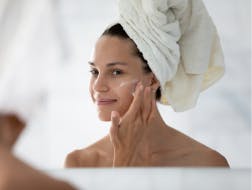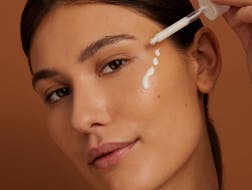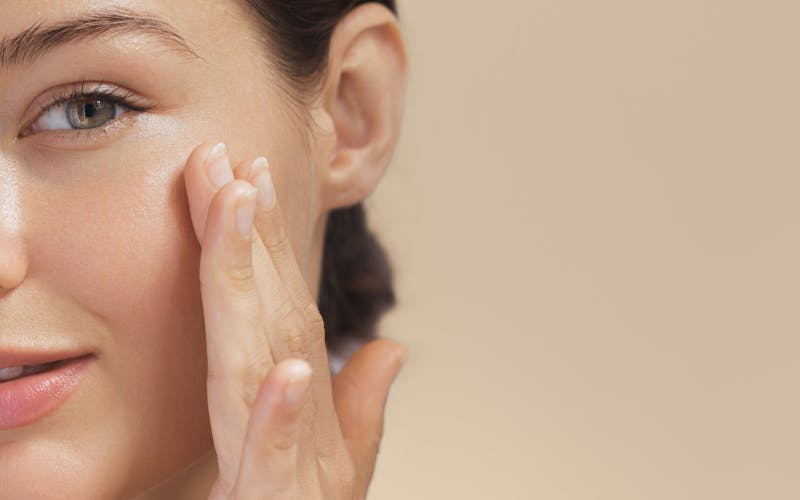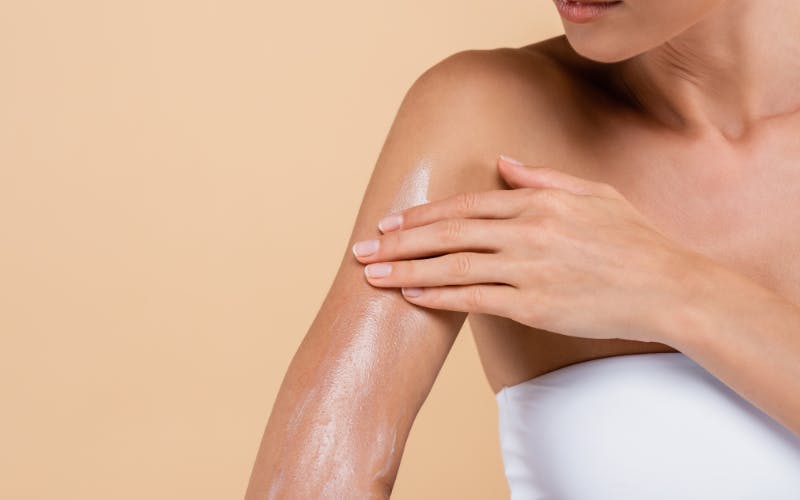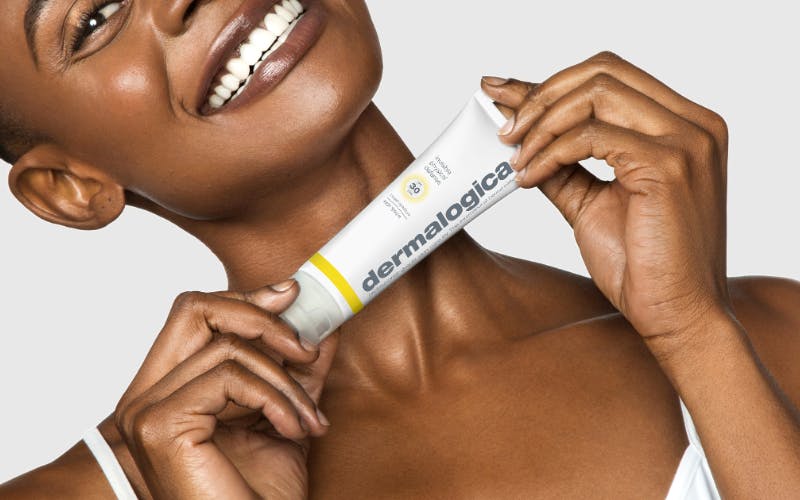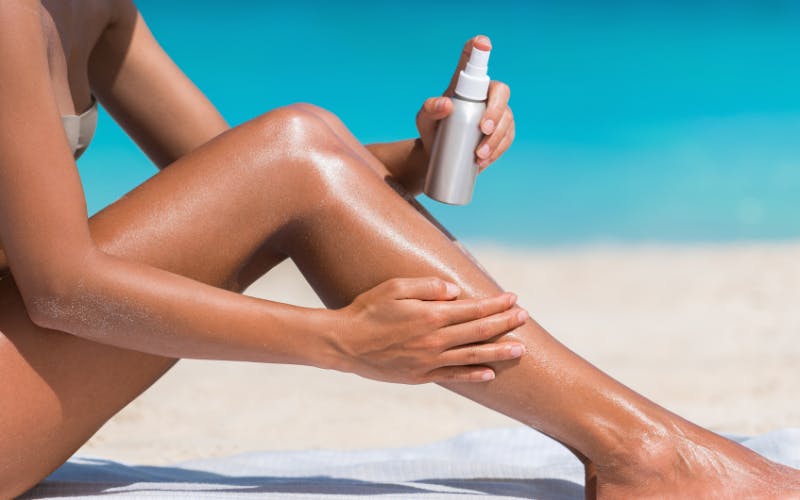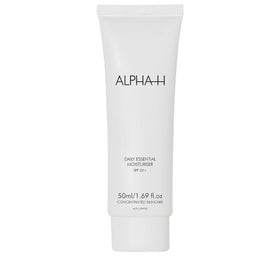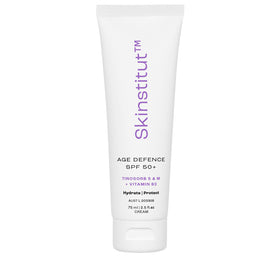Skin Essentials For Staying Sun Safe This Summer
How To Protect Your Skin From The Sun In Summer
As the sun shines brighter, weather gets warmer and days get longer, we all become eager to embrace the Australian summer. Although long days at the beach and lounging around in the sun can do wonders for boosting our mood and wellbeing, the UV impact is doing us more harm than it is good. The sun can present some serious consequences to our health both short and long term, which is why, as National Skin Cancer Action Week approaches, it is important to implement skin protective habits to ensure the health and safety of our skin.
How The Sun Damages Your Skin
It may not seem like it while you are in the middle of achieving your golden summer tan, but the effects of sun damage are irreversible. The Ultra Violet (UV) rays penetrate the layers of the skin, and cause DNA changes at a cellular level, which can not only cause pre-mature aging through damaging the collagen and elastin fibers, but also skin cancer. This damage happens in the dermis - the deepest layers of the skin, and may take years before it becomes visible. That is why, it is crucial to consider the long-term effects in order to maintain the longevity of your skin’s health.
5 Ways To Protect Yourself From The Sun
To be sun savvy this summer and protect yourself from both the short and long term effects, taking the necessary precautions is a must. Read on to find out how you can care for your skin and still enjoy all the benefits that the festive and summer season has to offer.
Apply Sunscreen
Regular SPF application is a non-negotiable.This magical ingredient works to absorb the UV rays from the sun before it can penetrate the skin. Incorporating SPF into your daily routine delivers exceptional anti-ageing benefits. And, you might be thinking - I don’t spend everyday in the sun, so why would I need to apply sunscreen daily? Do you still need sunscreen if you are spending the day indoors? The answer is, absolutely! Many of the biggest beauty brands are promoting skincare sunscreen to ensure your skin is protected from environmental aggressors daily. However, when you’re actively out in the Australian sun, SPF application is crucial, so do ensure you are reapplying every couple of hours for maximum benefit.
When choosing a sunscreen, it is important to consider good quality ingredients that are suitable for your skin type. For the ultimate sun protection, the La-Roche Posay Anthelios Invisible Fluid SPF 50+ is formulated with an innovative UV filtering system for the highest UVA and UVB rays. A gentle and lightweight product that soothes the skin without leaving a greasy residue unlike other generic brands. Not only does this product protect your skin from the sun, but because the formula is non-comodogenic, it makes great skincare for acne and blemishes to ensure pores are not clogged and breakouts do not occur.
And, if you’re wondering how to pick the best sunscreen for sensitive skin, the Dermalogica Invisible Defence SPF30 is going to be your new favourite sunscreen. This soothing formula combines natural ingredients and minerals to reduce redness and dryness, all while defending the skin from environmental aggressors. You will not be left with a white cast while using this lightweight product, and your skin will experience the ultimate protection against UVA, UVB rays, and even blue light.
Seek Shade
A protective measure when planning a beach day, is to bring a gazebo or umbrella as a place for shade away from the sun. Whether you set up under a tree, or a built shade structure, it’s important to find shade especially between 11am-3pm as these are the hottest hours of the day. However, do not be fooled as UV radiation can still reach you via reflection, so as it is essential to seek shade, do not let this be the reason you neglect your SPF.
Wear Protective Clothing
Not all clothing equally protects your skin from the sun. There are specific fabrics and colours to consider to ensure you are shielded from the harmful UV rays. The best clothing for sun protection includes apparel consisting of unbleached cotton that acts as a UV absorbent, and shiny polyesters and satin/silks as they reflect radiation. Densely woven fabrics are a must, as anything sheer or loosely woven allows the sun to easily penetrate through and reach your skin. Loose fitting clothing is also preferable, as wearing anything tight-fitted can stretch fabrics and allow sun rays to pass through.
Slap On A Hat
Your face, nose, ears and neck are the most common areas for skin cancer, so investing in a good quality hat is important to protect the sites that are at most risk. A broad-brimmed hat provides the most protection to your face, ears and neck, in comparison to a narrow brim or cap. Wearing a hat also protects your scalp because yes - you can burn there too, and trust me when I say it is something you will want to avoid.
Protect Your Eyes
Finally, do not underestimate the power of sunglasses as they are more important than you might think. UV exposure can cause significant damage to your vision, both short and long-term, which is why it is essential to have a good quality pair of sunglasses to wear whenever you’re exposed to sunlight. Whether you’re driving, at the beach, or around highly reflective surfaces, your eyes need protection to prevent any damage to your vision and the skin around your eyes. And yes, the type of sunglasses you wear matter as not all provide the same level of protection. Lenses with 100% UV protection are the baseline, whereas polarised lenses go the extra mile by providing more clarity and reducing glare.
As National Skin Cancer Action Week approaches, it is important to create awareness on how to keep protection on the fore front of our minds this summer. Sun protection needs to be a daily measure, especially to maintain the health of our skin. Not only can we prevent skin cancer, but we can promote our skin’s natural glow by reducing signs of ageing and pigmentation in our skin.

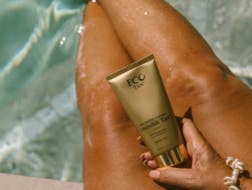
.png?ixlib=gatsbyFP&auto=compress%2Cformat&fit=max&rect=0%2C0%2C252%2C190&w=252&h=190)
.png?ixlib=gatsbyFP&auto=compress%2Cformat&fit=max&rect=68%2C0%2C663%2C500&w=252&h=190)
